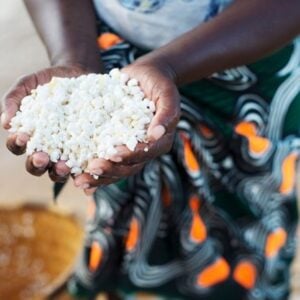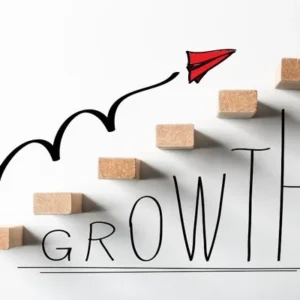Environment ministers from Latin America and the Caribbean have committed to strengthening multi-hazard early warning systems (MHEWS) as a central component of climate adaptation, enhancing the Early Warnings for All (EW4All) initiative through expanded coverage, regional cooperation, and sustainable finance. These commitments were made during the XXIV Meeting of the Forum of Ministers of Environment, where delegations emphasized that early warning systems should be fully integrated into Nationally Determined Contributions (NDCs), National Adaptation Plans (NAPs), and other national strategies. Nahuel Arenas Garcia, Chief of the UNDRR Regional Office for the Americas and the Caribbean, highlighted the cost-effectiveness of such investments, noting that every dollar invested in early warning systems can yield up to ten dollars in avoided losses.
Ministers shared examples of turning pledges into action across the region. Mexico will share its satellite imagery platform with Caribbean countries to monitor coastal and marine environments, while CARICOM pledged support for Member States to embed early warnings into national policies. Grenada emphasized the need for innovative, debt-free financing mechanisms that directly benefit vulnerable groups such as fisherwomen. Barbados called for forecast-based funding to ensure rapid disbursement after disasters, while reinforcing the importance of upholding the 1.5°C global temperature limit to protect small island developing states. Costa Rica highlighted inter-institutional coordination and the use of early warnings in multi-sectoral efforts, such as dengue prevention, stressing the need for broader collaboration with academia, the private sector, and international partners.
UNEP Director for Latin America and the Caribbean, Juan Bello, underlined the broader importance of multi-hazard systems, noting that they support disaster preparedness and wider climate adaptation, including ecosystem restoration and water management. Strong partnerships with UNDRR, WMO, and other agencies were highlighted as essential to ensuring that early warning systems save lives, reduce economic losses, and strengthen resilience across the region. Experts also stressed that sustainability requires investment in training, maintenance, and long-term capacity to translate early warnings into effective early action, protecting both livelihoods and biodiversity.
Regional interventions highlighted advances and challenges in governance, legislation, and financing. Peru emphasized the need for impact-based forecasting for prevention and infrastructure resilience, while Chile focused on legislative developments and the need for clear performance indicators. Countries including Jamaica, Belize, and Barbados called for early warning systems to inform and strengthen regional insurance mechanisms, such as the Caribbean Catastrophe Risk Insurance Facility (CCRIF), while also addressing non-traditional hazards like oil spills and integrating civil society and private sector engagement.
Closing the session, Nahuel Arenas Garcia praised the region’s decisive move toward integrated systems that combine impact-based financing, anticipatory action, and stronger regional cooperation. He stressed that governance must bring together governments, civil society, insurers, private sector actors, and local and traditional knowledge to ensure that early warning systems not only save lives but also secure economies, protect ecosystems, and enhance long-term climate resilience.







